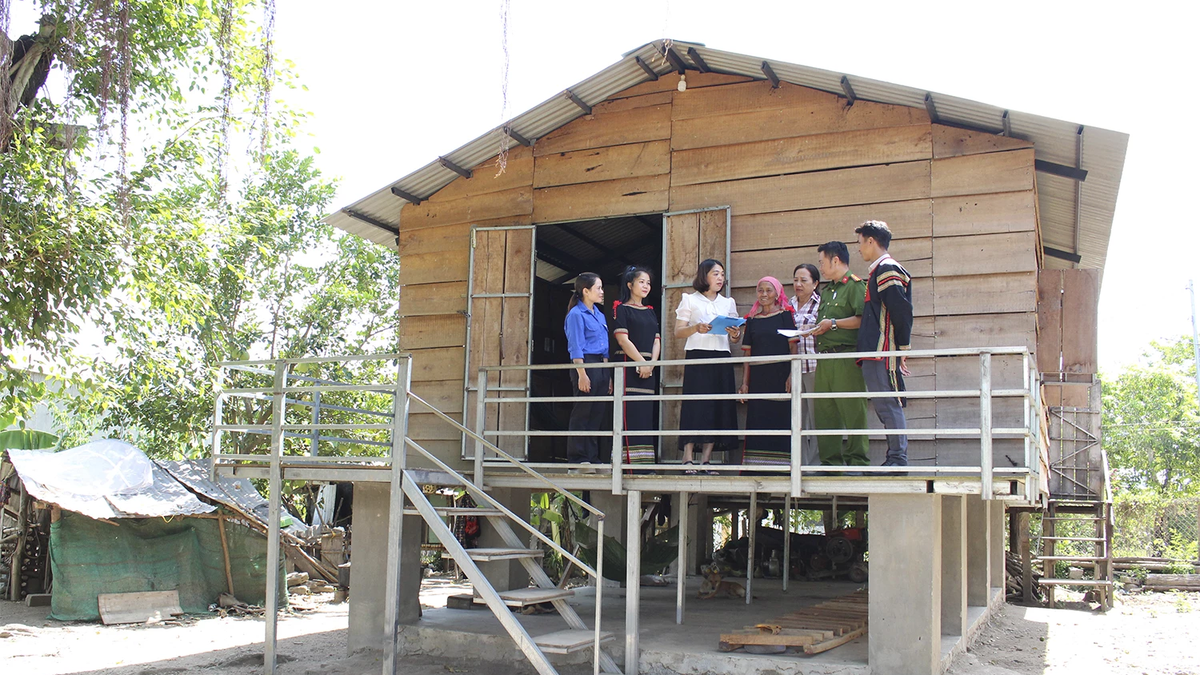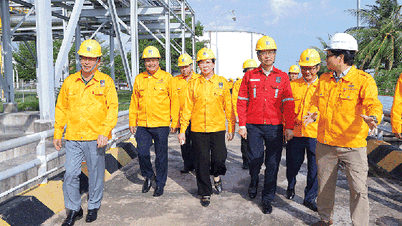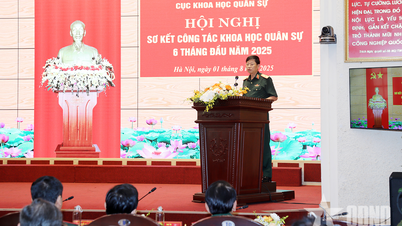With its geographical advantages, abundant electricity resources and determination to promote digital transformation, Kazakhstan attracts increasing attention from global investors as well as international regulatory agencies.
In parallel, the role of strategic dialogue between the state and industry associations is becoming increasingly important, in which the Blockchain Association and the Kazakhstan Data Center hold a special place.
And according to the Chairman of the Kazakhstan Blockchain and Data Center Association - Dauren Karashe, Astana is taking concrete actions to strengthen Kazakhstan's position on the global cryptocurrency map.

Kazakhstan is being considered as a potential hub for cryptocurrency mining and development in the Eurasian region. Can you share the country's strategic vision in this area?
It is too early to talk about a clear strategic vision for Kazakhstan in the cryptocurrency space. This is an extremely dynamic and contradictory field: on the one hand, it can bring significant economic benefits; on the other, it poses serious risks, including the risk of money laundering and turning the country into a “laundry machine” for shady capital flows. These risks cannot be ignored — the ability to identify and address them is the key to a successful approach.
Cryptocurrencies are developing much faster than the state management system can adapt. This is one of the core problems: the level of understanding of this area within state agencies is still limited, especially compared to countries such as the United Arab Emirates (UAE), where digital assets have become a driving force for economic growth. In Kazakhstan, after the election of Donald Trump as President of the United States and the associated changes in the international landscape, there has been a certain degree of “warming” in the attitude towards the cryptocurrency industry. There is interest in exploiting this area, but it is still more of a declarative than a systematic direction.
To build a sound strategy, more than political will is needed. It requires cold calculation, a deep understanding of risks and benefits, and most importantly — competent professionals who can come up with solutions that are not only consistent with economic goals, but also in harmony with the national identity and legal system. Currently, Kazakhstan has a clear shortage of human resources in this area.
However, it is important to emphasize that the Kazakh government has aspirations to develop the cryptocurrency sector — and this is a positive sign. The question is whether we can turn that ambition into a comprehensive strategy, rather than just stopping at disjointed, uncoordinated measures.
What measures and policies has the Kazakhstan government been implementing to regulate and promote the cryptocurrency sector?
Kazakhstan’s first steps towards regulating cryptocurrency activity can be considered timely and generally in the right direction. The first legal foundation in this area appeared in 2020, when the Law “On Computerization” added a separate chapter on digital mining. While the initial regulations are far from perfect, it is important that the industry is legally recognized — and this is a key factor for development.
The regulation of digital asset trading went in a different direction — through the legal framework of the Astana International Financial Center (AIFC). This is a special economic zone in Kazakhstan that applies English law and has its own, more open, regulatory and tax regime. However, at the time, there were no direct tax incentives for the cryptocurrency sector, as the government remained cautious.
Overall, the AIFC’s regulatory framework is largely based on the standards of the Dubai Virtual Assets Regulatory Authority (VARA) and is consistent with international best practices — including recommendations from FATF, IOSCO, and others. As of 2020, Kazakhstan has risen to parity with leading jurisdictions in the region in terms of regulatory quality.
In 2023, Kazakhstan adopted a specialized Law “On Digital Assets”, continuing the spirit and approach established in 2020. This new law elevated the cryptocurrency sector, recognizing it as an independently regulated industry, thereby affirming its position as an official part of the national economy.
However, the expectations for these measures have not yet been fully realized. In practice, law enforcement often encounters obstacles at the executive level. The main reasons are the lack of qualified human resources and the lack of strict administrative discipline. However, these are problems that can be solved. What is important is that Kazakhstan has built a solid legal foundation that is in line with international practices and global standards.
Thus, Kazakhstan has all the necessary laws and infrastructure to regulate and develop the cryptocurrency sector. The question now is how to effectively implement those regulations in practice.
How will Kazakhstan balance the adoption of fintech and ensuring investor safety, especially in the digital currency sector?
Dubai’s experience has shown that, if the law is applied correctly and consistently, the digital asset industry can develop rapidly while still ensuring the safety of investors. It is no coincidence that Dubai is now considered the “capital” of the cryptocurrency world.
In Kazakhstan, the regulatory system is based on the Astana International Financial Center (AIFC) documents — which are largely derived from Dubai’s VARA (Virtual Assets Regulatory Authority). If fully and seriously implemented, these regulations have the potential to: provide a high level of investor protection, ensure financial market stability, and minimize the risk of opaque practices.
Therefore, Kazakhstan's strategy could be geared towards the robust application of financial technology but always accompanied by modern risk control mechanisms, based on proven international experience.
In Kazakhstan, the activities of digital asset service providers must be licensed. Licensing is required in areas where mistakes can have serious consequences for society, consumers and the economy — such as in the pharmaceutical or construction industries. Kazakhstan's legislator has determined that there is no room for error in the digital asset sector, as it directly affects the financial safety of investors and the country's economic security. Therefore, the Law "On Digital Assets" allows only licensed digital asset service providers to enter the market.

How is blockchain technology being applied in Kazakhstan's traditional industries today?
In Kazakhstan, blockchain technology is starting to be applied beyond cryptocurrencies, especially in some key industries such as:
Logistics and agriculture: Blockchain is used to trace product origins and increase transparency in the supply chain — especially with wheat and mineral exports.
E-Government: Some government agencies use blockchain to manage land records, licenses, and citizen data, helping to prevent counterfeiting and improve data security.
Energy and mining: Blockchain helps monitor mining output, ensuring transparency with international markets. There are also trials in renewable energy trading and carbon certificates.
Finance and insurance: Some banks and insurance companies are using blockchain for: Smart contracts, Know Your Customer (KYC), automated claims management.
While not yet widely deployed, these moves demonstrate the immense potential of blockchain to modernize Kazakhstan’s traditional industries. As the legal and human infrastructure continues to improve, blockchain could become a technological pillar of the country’s digital economy.
Currently, blockchain technology in Kazakhstan is mainly used in the cryptocurrency sector. Its application in traditional economic sectors has not yet taken place on a significant scale. The reason is due to objective barriers: although blockchain has the potential to bring high transparency and reliability, its implementation, scalability and adaptation to complex business processes still face many challenges. To date, these barriers have not been fully overcome.
However, over time, attitudes towards blockchain technology are gradually changing, and confidence in it is growing. It is likely that in the coming years, as the cryptocurrency industry becomes more established and stable, Kazakhstan will begin to implement full-scale blockchain projects in traditional economic sectors.
Does Kazakhstan cooperate with regional countries or international organizations in building a legal and technical framework for cryptocurrencies?
Kazakhstan actively cooperates with neighboring countries and international organizations in the process of building a legal and technical foundation for cryptocurrencies. In particular: Kazakhstan is a member of the FATF EAG Group — a regional unit of the Financial Action Task Force (FATF).
The country regularly participates in bilateral and multilateral reviews on anti-money laundering, including activities related to cryptocurrencies.
In addition, Kazakhstan also has cooperative relations with international organizations such as: United Nations (UN), United Nations Children's Fund (UNICEF), International Organization of Securities Commissions (IOSCO), Bank for International Settlements (BIS), and many other organizations.
These international cooperation activities are maintained regularly and systematically, contributing to helping Kazakhstan build a legal environment in line with global standards.
What role do you think Kazakhstan will play on the global fintech map in the next 5–10 years?
It is difficult to predict exactly what role Kazakhstan will play in the entire fintech sector in the next 5–10 years. However, in the cryptocurrency sector, Kazakhstan has very interesting prospects.
Key advantages include: Abundant energy resources, especially cheap electricity, which is extremely important for cryptocurrency mining and fintech infrastructure operations.
During 2020–2021, Kazakhstan ranked second in the world in digital mining output — a clear indication of the country's potential.
However, laws and resources alone are not enough to ensure long-term success. The key issue is human resources: who will run and develop this sector?
Kazakhstan has yet to become a true regional hub in the cryptocurrency industry, which suggests organizational and personnel problems. However, this is a problem that can be overcome. Timely renewal of the management team, combined with the attraction of talented and visionary professionals, could well help Kazakhstan rise to the ranks of leading countries — not only regionally, but also internationally.
Source: https://khoahocdoisong.vn/kazakhstan-va-muc-tieu-tro-thanh-trung-tam-blockchain-tai-khu-vuc-a-au-post2149042237.html






































































































Comment (0)